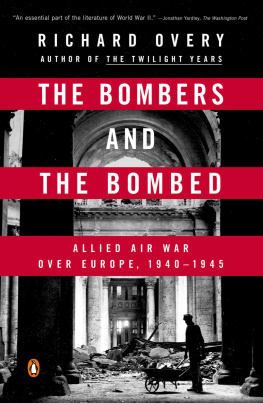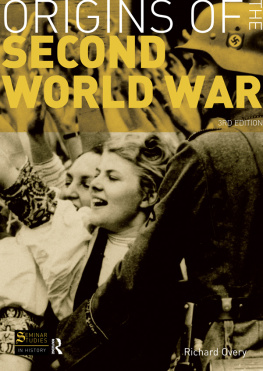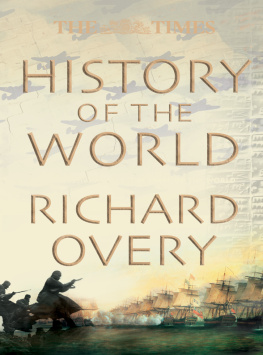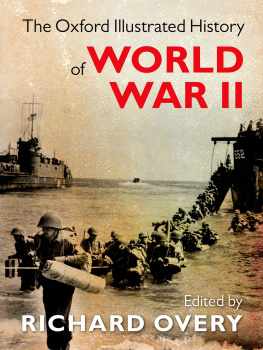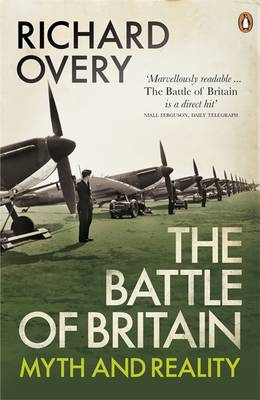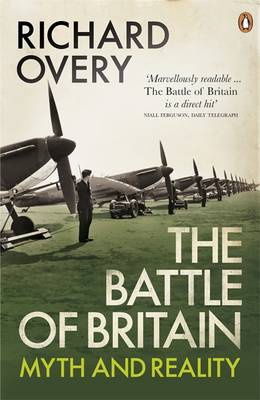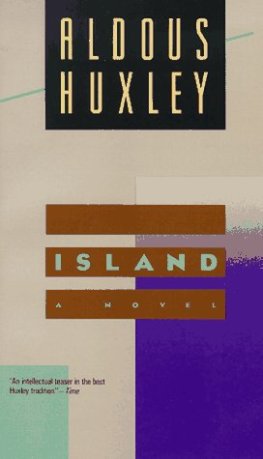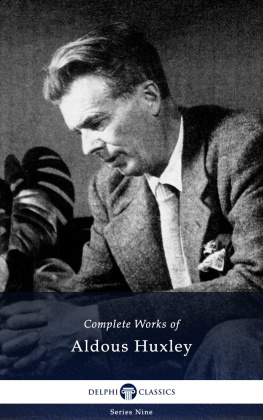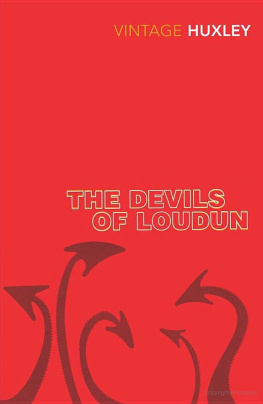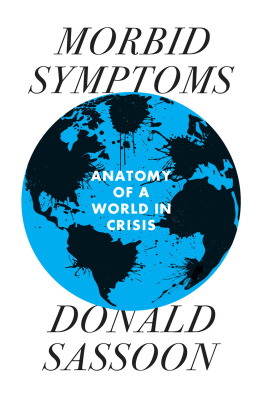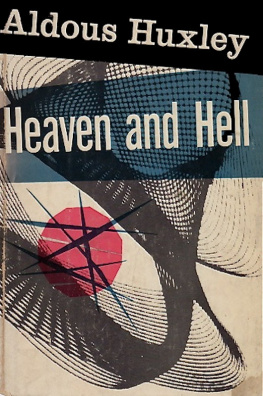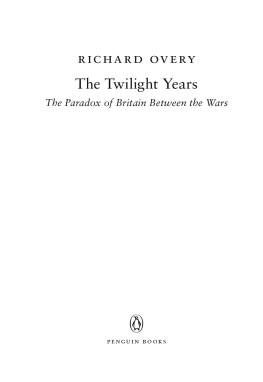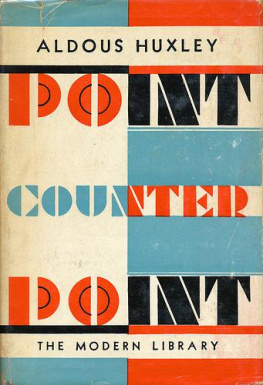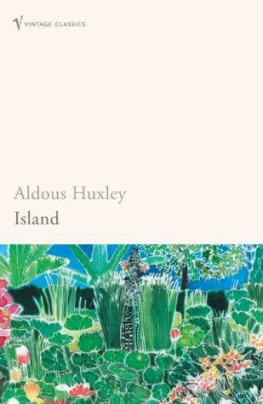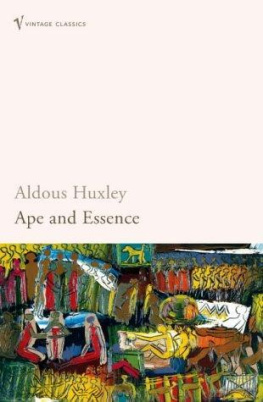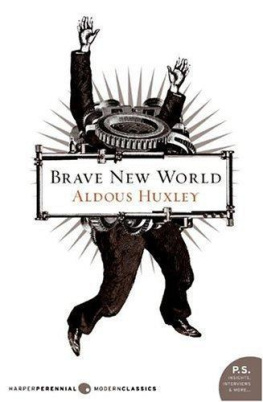Overy - The morbid age: Britain between the wars
Here you can read online Overy - The morbid age: Britain between the wars full text of the book (entire story) in english for free. Download pdf and epub, get meaning, cover and reviews about this ebook. City: Great Britain;Großbritannien;London England, year: 2009, publisher: Penguin Books Ltd;Allen Lane, genre: Politics. Description of the work, (preface) as well as reviews are available. Best literature library LitArk.com created for fans of good reading and offers a wide selection of genres:
Romance novel
Science fiction
Adventure
Detective
Science
History
Home and family
Prose
Art
Politics
Computer
Non-fiction
Religion
Business
Children
Humor
Choose a favorite category and find really read worthwhile books. Enjoy immersion in the world of imagination, feel the emotions of the characters or learn something new for yourself, make an fascinating discovery.

The morbid age: Britain between the wars: summary, description and annotation
We offer to read an annotation, description, summary or preface (depends on what the author of the book "The morbid age: Britain between the wars" wrote himself). If you haven't found the necessary information about the book — write in the comments, we will try to find it.
Overy: author's other books
Who wrote The morbid age: Britain between the wars? Find out the surname, the name of the author of the book and a list of all author's works by series.
The morbid age: Britain between the wars — read online for free the complete book (whole text) full work
Below is the text of the book, divided by pages. System saving the place of the last page read, allows you to conveniently read the book "The morbid age: Britain between the wars" online for free, without having to search again every time where you left off. Put a bookmark, and you can go to the page where you finished reading at any time.
Font size:
Interval:
Bookmark:

an imprint of
PENGUIN BOOKS
ALLEN LANE
Published by the Penguin Group
Penguin Books Ltd, 80 Strand, London WC2R 0RL , England
Penguin Group (USA) Inc., 375 Hudson Street, New York, New York 10014, USA
Penguin Group (Canada), 90 Eglinton Avenue East, Suite 700, Toronto, Ontario, Canada M4P 2Y3
(a division of Pearson Penguin Canada Inc.)
Penguin Ireland, 25 St Stephens Green, Dublin 2, Ireland
(a division of Penguin Books Ltd)
Penguin Group (Australia), 250 Camberwell Road, Camberwell, Victoria 3124, Australia
(a division of Pearson Australia Group Pty Ltd)
Penguin Books India Pvt Ltd, 11 Community Centre, Panchsheel Park, New Delhi 110 017, India
Penguin Group (NZ), 67 Apollo Drive, Rosedale, North Shore 0632, New Zealand
(a division of Pearson New Zealand Ltd)
Penguin Books (South Africa) (Pty) Ltd, 24 Sturdee Avenue, Rosebank, Johannesburg 2196, South Africa
Penguin Books Ltd, Registered Offices: 80 Strand, London WC2R 0RL , England
www.penguin.com
First published 2009
Copyright Richard Overy 2009
The moral right of the author and introducer has been asserted
All rights reserved
Without limiting the rights under copyright reserved above, no part of this publication may be reproduced, stored in or introduced into a retrieval system, or transmitted, in any form or by any means (electronic, mechanical, photocopying, recording or otherwise)without the prior written permission of both the copyright owner and the above publisher of this book
ISBN: 978-0-141-93086-2
This is the crisis. At bottom we have no faith. We have lost our belief in capitalism and socialism, in the churches and scientific progress. Deep, deep down, we do not believe in any of these things any more. Despair of everything, at least of everything that the past has produced, has overtaken us.
And unless we take the fact of this despair into account, all we may do, or write, or think, must come to nothing.
It is a hard thought.
Tosco Fyvel, The Malady and the Vision, 1940, p. 12
I am grateful to the following for generous help in locating and supplying images: Melissa Atkinson, Rachael Cross, John Cunningham, Allie Dillon, Betty Dixon, Bill Hetherington, Jennifer Jeynes, Ian Johnston, Roy Lumb, Hayley Murphy and Caroline Theakestone. I would like to thank the British Psycho-Analytical Society, the Marx Memorial Library, the Peace Pledge Union, the Royal College of Surgeons, the Society for Co-operation in Russian and Soviet Studies, and the South Place Ethical Society for permission to reproduce images. The portrait of Cyril Burt is courtesy of the University of Liverpool, the picture of Freud and Ernest Jones is courtesy of the Freud Museum, London, the picture of Walter Greenwood courtesy of Salford University Special Collections, the portrait of Gilbert Murray courtesy of the National Portrait Gallery.
In his recent memoirs, the historian Eric Hobsbawm remarked of the 1930s that we lived in a time of crisis. Nothing very surprising about that. But I recall a conversation with him a few years ago, shortly before starting the research for this book, when he told me that he could remember a day in Cambridge in early 1939 when he and some friends discussed their sudden realization that very soon they might all of them be dead. This did strike me as surprising, and it runs against the drift of the memoirs, in which he argued that communists were less infected by pessimism than everyone else because of their confidence in the future. It is also very different from my own memories of life in Cambridge thirty years later in the late 1960s where, despite labouring under the shadow of the bomb and the threat of war in Europe during the second Czech crisis, students did not contemplate early extinction but preferred to listen to Leonard Cohen in rooms made mellow by too much smoke and cheap wine.
This book is an exploration of British society in the 1920s and 1930s while it wrestled sometimes fatalistically, sometimes with undisguised relish, with this idea of crisis. The result is, I hope, an unexpected and unusual window on to the social, cultural and intellectual world of inter-war Britain. In some small way it may explain why students in the secure Cambridge of the late 1930s could contemplate the death of civilization in a country whose political and social system had proved almost impervious to the savage violence and upheavals that scarred the history of the rest of Europe, and from which Hobsbawm himself was an exile. This was not just a time of crisis, but indeed a morbid age.
During the writing of the book I have amassed a large pile of intellectual and practical debts. I am very grateful to Monika Baar, Claudia Baldoli, Kate Fisher, Tim Rees, Richard Toye and Frances Wilson for reading parts of the manuscript and offering me sound advice. The following have been helpful in a variety of ways: Jeremy Black, Jane Caplan, Chris Clarke, Patricia Clavin, Claire Feehily, Lara Feigel, Eileen Gunn, Tom Hoy, Jonathan Moffatt, Martin Thomas, Andrew Thorpe, Alex Walsham. I owe a special debt of gratitude to Vyvyan and Piers Brendon, who were kind enough to put me up, often at a few days notice, for all my archive trips to Cambridge. I am grateful to the Penguin Group for permission to use the Allen Lane archive at Bristol University and to Jean Rose for permission to quote from the files of Jonathan Cape in the Reading University Special Collections. I would also like to thank Verity Andrews and Brian Ryder for help in locating material in the Cape collection and the Allen & Unwin papers. Eva Guggemos gave me assistance with the Lawrence and Wishart papers at Yale. I am glad to be able to thank Elizabeth al-Qadhi for allowing me to use the papers of her father, John Strachey. I am also grateful to Faber and Faber for permission to quote from the work of T. S. Eliot and W. H. Auden. I would like to thank the archivists and librarians in all the many places I have visited over the past two years while researching the book, but I would like in particular to acknowledge the staff at the LSE Archive for their unfailing courtesy and helpfulness. My new academic home at the University of Exeter has been a keen supporter of this project and I would like to record my thanks for the financial assistance which has made much of this research possible and for the helpfulness and advice of my colleagues. Simon Winder has been as ever an inestimable editor, and my agent Gill Coleridge a true friend and supporter, and I am conscious of the large debt I owe them both. My new editor in New York, Wendy Wolf, has rightly asked me to make the Englishness of the text more accessible and has made it a better book as a result. A final thanks to my family for their persistent interest in and enthusiasm for what I do.
Richard Overy
September 2008
Throughout the text I have used the currency of the time in pounds, shillings and pence. The price of books or membership fees or the cost of running an organization is a necessary part of the narrative of communicating discourse. In the inter-war years an average worker might take home between 2 and 3 a week in wages. Journalists and writers might make 10 to 15 a week. The wealthier middle and upper-middle classes, if they also had inherited wealth, might have an annual income of anything over 1,000. To give a modern equivalent would be almost meaningless because of inflationary increases in purchasing power over the past seventy years, but these contemporary income figures give a sense of proportion. These sums should be kept in mind when considering what could be bought on the mass market or who could afford to go to congresses or summer schools or weekend conferences. A pamphlet costing 2d (2 pence) could be bought by all; a book for 25/- (25 shillings) could be bought only by wealthier customers, and would be read by a wider audience only in lending libraries, which multiplied in the inter-war years. Penguin Specials (price 6d) or Left Book Club choices (price 2/6 or 5/-) were both within the means of the working population, as was membership of most of the mass-based organizations such as the League of Nations Union, whose fees remained at 1/- per year throughout the period.
Font size:
Interval:
Bookmark:
Similar books «The morbid age: Britain between the wars»
Look at similar books to The morbid age: Britain between the wars. We have selected literature similar in name and meaning in the hope of providing readers with more options to find new, interesting, not yet read works.
Discussion, reviews of the book The morbid age: Britain between the wars and just readers' own opinions. Leave your comments, write what you think about the work, its meaning or the main characters. Specify what exactly you liked and what you didn't like, and why you think so.

